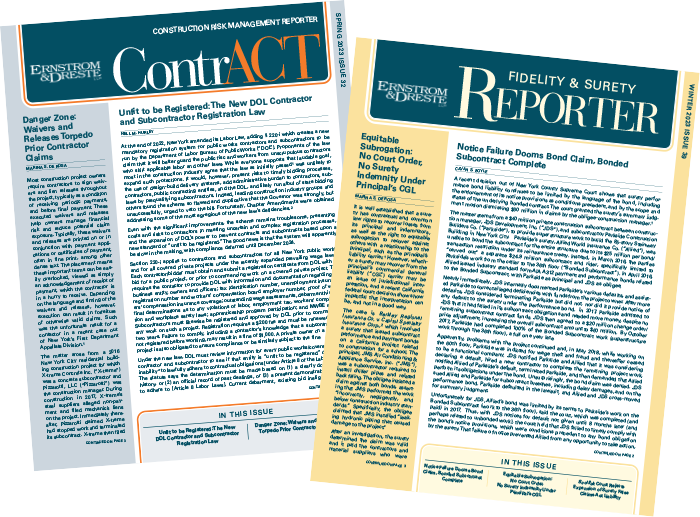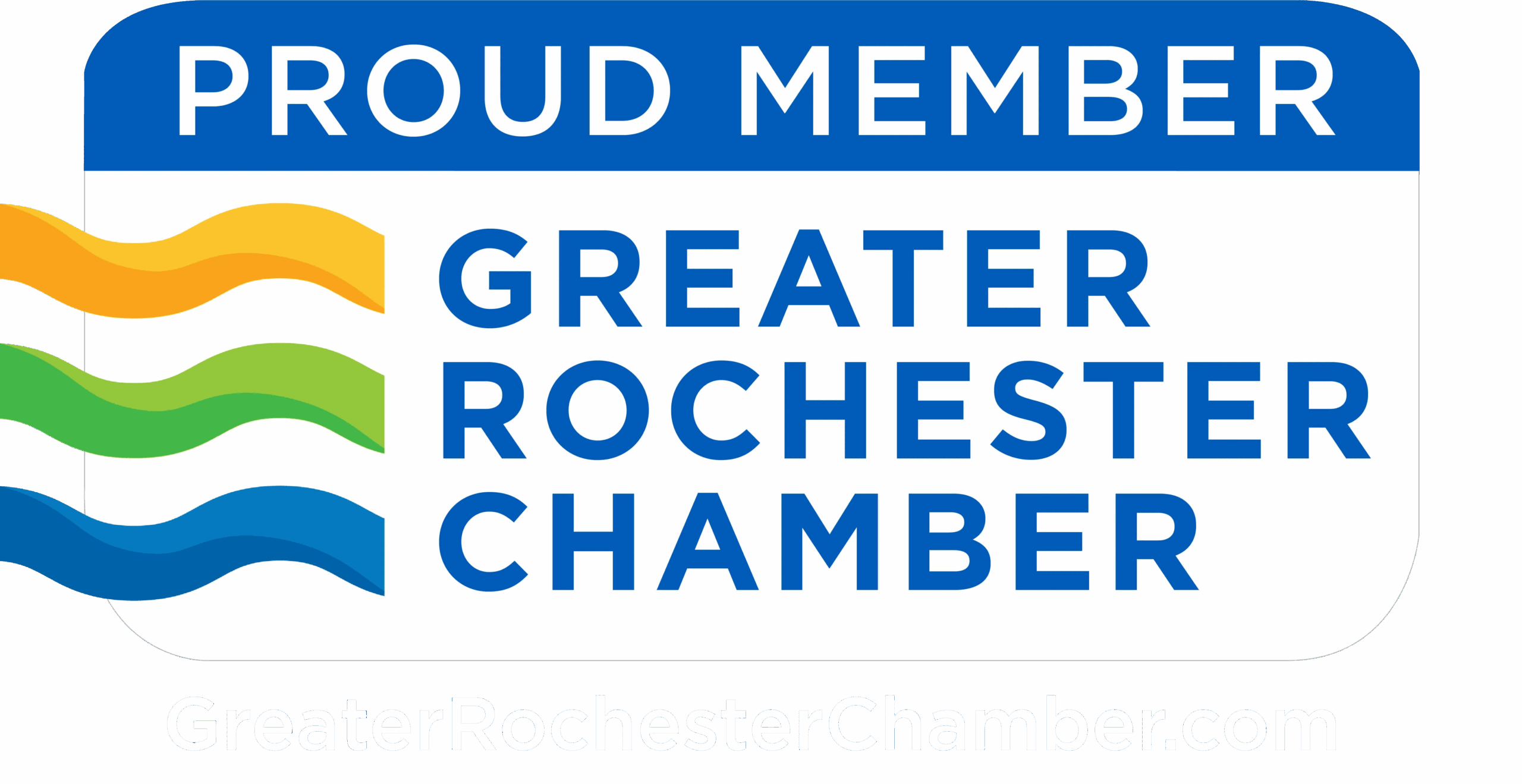Article by: Michael F. Higgins
A contractor that participated in the competitive bidding exception known as “piggybacking” on a New York school district’s HVAC project narrowly avoided losing the half-completed contract and returning the monies received. In the recent decision, Broome County Supreme Court clarified that piggybacking is only allowed for contracts to purchase “things” rather than contracts for “public works” construction, but it declined to force a “claw-back” of the contract funds, despite the improper contracting procedure.1
Under New York’s competitive bidding laws, governments often face delays and high administrative costs to properly solicit and award bids for projects. Among other things, New York General Municipal Law (“GML”) ordinarily requires (a) sealed bids and (b) public advertising of projects. GML Section 103(16) contains an exception to this general rule that allows a governing entity to streamline the bidding process by contracting with a provider that has a successfully bid public contract with another governmental entity.2 This process is known as “piggybacking.”
Understandably, piggybacking has become popular. The Interlocal Purchasing System (“TIPS”), a Texas-based clearing house for government contracts that are potentially eligible for piggybacking, takes advantage of this type of exception mechanism by providing “matchmaking” services, pairing the municipal work specified with an already-contracted contractor.
In the spring of 2024, a school district used TIPS to match with a contractor for an $8.9 million contract for HVAC renovations, part of a multi-phase capital improvement project. The contractor began work immediately upon contract approval by NYSED3 in July. In September, other contractors and taxpayers petitioned the court to set aside the award for alleged “violation of competitive bidding requirements using a piggyback contract for a construction project.” The court framed the issue as:
…whether “piggybacking” is a permissible means to award a public works contract under [the GML exception] and, if so, whether the [school district] complied with the required steps and safeguards in awarding [the HVAC contract to the contractor].
The court concluded “no” on each issue.
Finding that GML did not define the term “public works,” the court determined it to mean “construction or repair projects undertaken by municipalities on their infrastructure that are subject to the competitive bidding process.” That definition is consistent with GML’s requirement of separate specifications for certain public work and applies to the “erection, construction, reconstruction or alteration of buildings,” said the court.
Next, the court looked to the GML §103(16) language that allows “piggybacking”:
…on contracts previously entered by federal, state or local governments to buy “apparatus, materials, equipment or supplies, or to contract for services related to the installation maintenance or repair [of them].”
The court noted that the provision applies to the “purchase” of specific classes of “things” but does not identify or include the “purchase” of public works, demonstrating deliberate legislative choices to define and limit what is available for piggybacking. Thus, the award of the HVAC contract was improper because it was an impermissible use of piggybacking for a public works project, concluded the court.
In determining the appropriate remedy, the court found that disrupting the project or imposing a monetary award against the school district or the contractor was not in the public interest. There was no evidence that the work was performed inefficiently or wasted tax dollars, observed the court. As a result, the court declined to disgorge the compensation paid to the contractor as the petitioners requested but enjoined the school district from future use of TIPS and piggybacking for the award of any further public work.
The court’s decision may have been influenced by the relative lack of clarity in the law as shown by the common use of piggybacking, especially by smaller municipal entities and school districts. This decision, coupled with a New York State Comptroller clarification of the significant limits to the piggybacking exception, should result in a change to the types of projects for which the exception is used.
Even so, given the significant risk for participating in an improper bid or award procedure, awareness by contractors of this distinction is imperative. Just because the municipality says “it’s okay” doesn’t necessarily make it so, and it is the contractor that has the most to lose. Questions about any contract award process should be brought to the attention of construction counsel.
- Daniel J. Lynch, Inc. v. Bd. of Educ. of the Maine-Endwell Cent. Sch. Dist., 86 Misc.3d 507 (Sup Ct, Broome County 2025).
- The contract must have been let in a manner consistent with GML.
- New York State Education Department





